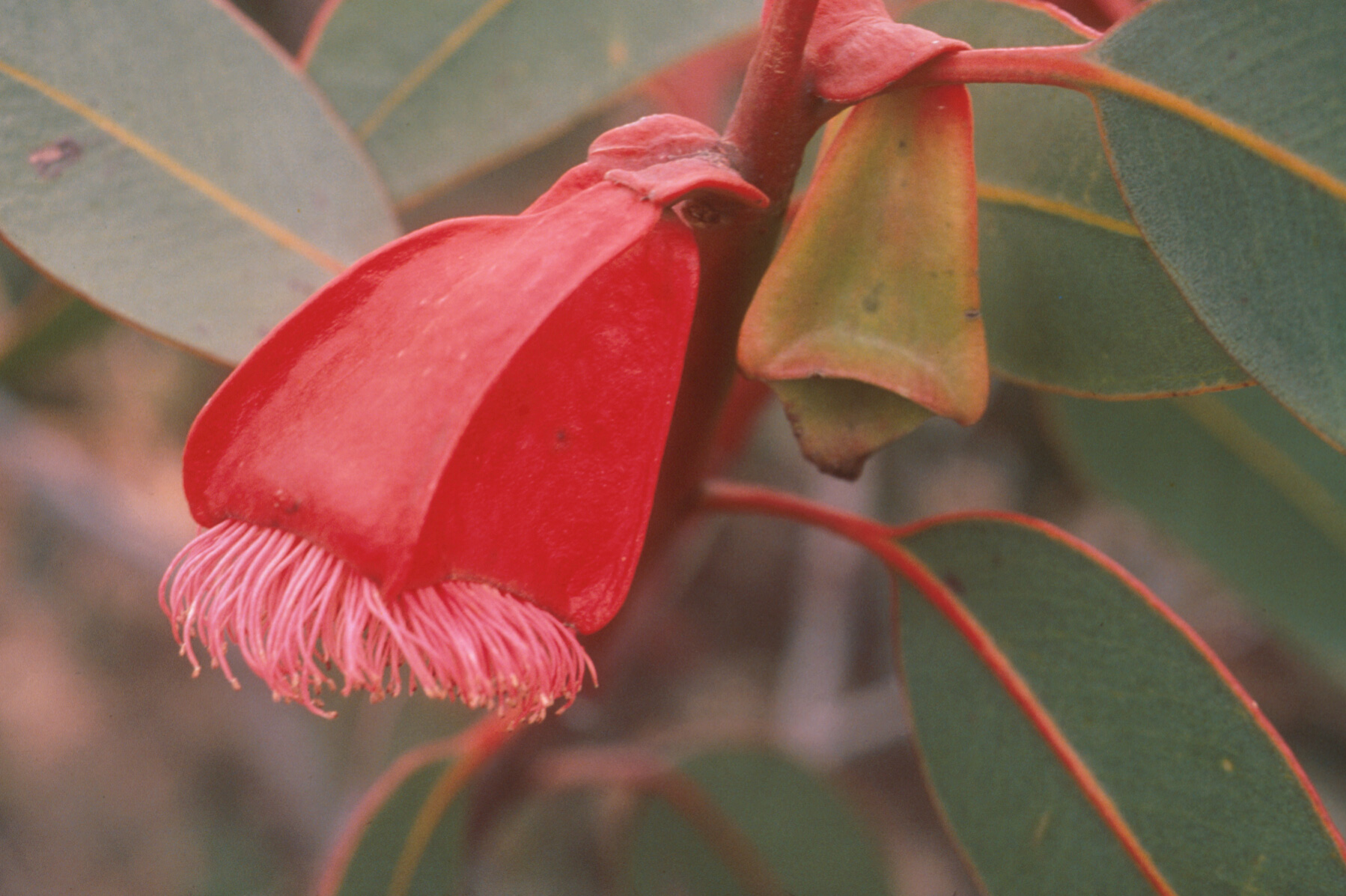Shipping
Seed is packed in foil packets or cloth bags depending on the amount of seed, shipping method and destination.
Domestic seed is generally sent by Australia Post but urgent orders for areas outside the Express Post destinations can be sent by overnight courier.
Most overseas orders are sent by DHL courier but we do also use Australia Post’s airmail and EMS courier services, as well as FedEx depending on a customer’s requirements.
A final price for shipping will be included in your quotation.

Overseas Import Requirements
The vast majority of overseas orders require a phytosanitary certificate for which there is an additional charge.
An import permit is also often required. Customers are advised to contact their National Plant Protection Agency (NPPO) to confirm whether an import permit and/or a phytosanitary certificate is required. If a permit is not issued in English we are required to have it translated by a Biosecurity Australia approved translator at cost to the customer.
Once we receive a copy of your permit we can then review any conditions, including treatments and additional declarations stated on the permit, and let you know whether we can meet them or not.
Shipping
Seed is packed in foil packets or cloth bags depending on the amount of seed, shipping method and destination.
Domestic seed is generally sent by Australia Post but urgent orders for areas outside the Express Post destinations can be sent by overnight courier.
Most overseas orders are sent by DHL courier but we do also use Australia Post’s airmail and EMS courier services, as well as FedEx depending on a customer’s requirements.
A final price for shipping will be included in your quotation.
Overseas Import Requirements
The vast majority of overseas orders require a phytosanitary certificate for which there is an additional charge.
An import permit is also often required. Customers are advised to contact their National Plant Protection Agency (NPPO) to confirm whether an import permit and/or a phytosanitary certificate is required. If a permit is not issued in English we are required to have it translated by a Biosecurity Australia approved translator at cost to the customer.
Once we receive a copy of your permit we can then review any conditions, including treatments and additional declarations stated on the permit, and let you know whether we can meet them or not.
